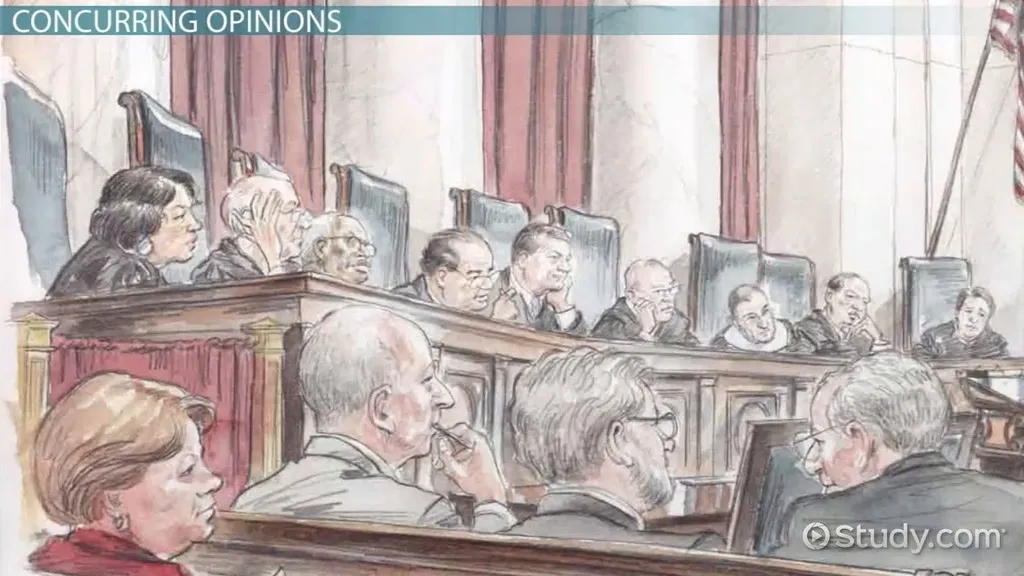Many years ago, a freshman congressman wondered why House debate droned on over a bill that had already been thoroughly discussed. Veteran Rep. Morris Udall explained, “It is true that everything has been said, but not everyone has said it.”
Columnists and editors already have written nearly everything worth saying about Donald Trump’s conviction last week on 34 felony charges. Now comes the second wave: comments on the commentary.
One of the initial reactions stands out in particular: The editorial board of the august Wall Street Journal worries that the verdict “inaugurates a new and destabilizing era for American politics” and that “the nation might soon regret this rough turn.”
Really? America took a rough turn into instability nearly a decade ago with Trump’s candidacy and election as president. Our divisions have deepened and hardened ever since as Trump legitimized militant, racist, and misogynistic fringe groups, violated presidential norms, undermined respect for our institutions, and provoked violence up to and including a deadly insurrection.
American politics is destabilized because our justice system and federal checks and balances have been unwilling to hold him accountable until now.
Trump still threatens other Republicans with ending their careers or physical retribution by MAGA enforcers if they don’t keep kissing his ring. Cowardly members of Congress and his administration are accessories to his abuses.
The Senate could have removed Trump from the presidency twice for obvious high crimes, including his attempt to use public funds to bribe a foreign official into digging up “dirt” on Joe Biden, and his role in the January 6th insurrection.
But the Senate failed to convict him. Without respect for boundaries, Trump rules more like a mafia don than an ex or future president of the United States. He now openly aspires to be a lawless dictator who uses the justice system to punish others.
Trump’s ability to escape accountability has spread like an untreated infection to other public officials and society. Death threats have become routine against anyone who criticizes or defies him, including public officials carrying out their duties. Losing no time after his conviction, some of Trump’s militant supporters announced they are ready for violence, if he calls for it.
Meanwhile, the U.S. Supreme Court refuses to create an enforceable ethics code. Justices Clarence Thomas and Samuel Alito are not only unrepentant about their ethical lapses; they also refuse to recuse themselves from cases where they have clear conflicts of interest. Signaling that the Court is above reproach, Chief Justice John Roberts declines to meet with members of Congress to discuss it.
While we await Trump’s other trials on even more serious charges, assuming they are allowed to proceed, government leaders should take steps to improve the accountability of elected officials at all levels.
Congress should impose the same enforceable ethics code on Supreme Court justices that applies to other federal judges. If the current Congress is unwilling, U.S. Rep. Jamie Raskin has described several ways the Constitution permits Chief Justice John Roberts and other members of the Court to force biased colleagues to recuse themselves.
Raskin writes that the U.S. Department of Justice (DOJ) can force the issue by petitioning the other seven justice to require Alito’s and Thomas’s recusals. DOJ should do so since the Court already has created the appearance of favoritism for Trump by delaying its ruling on his claim that presidents are immune from prosecution.
Regarding Trump’s indictment on mishandling of classified documents, the 11th Circuit appeals court should require Judge Aileen Cannon to recuse herself because of her multiple decisions to help Trump delay his trial until after the election.
These messes confirm that justice delayed is justice denied. The victims are America’s voters, deprived of learning before November whether the Republican nominee for president is guilty of conspiracy to overturn the 2020 election and illegally mishandling some of the nation’s most sensitive secrets. Either and especially both of those acts should disqualify anyone from high public office.
For the moment, the hush-money verdict raises hopes that justice can still be fairly and properly administered in America despite Trump’s relentless effort to subvert it. But the test isn’t over yet. It won’t be until all of Trump’s cases have been resolved with the same professionalism, objectivity, and distinction the judge and jury exhibited in a dingy Manhattan courtroom last week.

